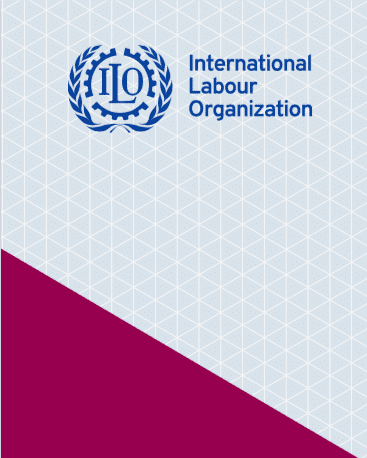
The Work in Freedom Handbook: A critical glossary of terms relating to freedom and unfreedom in the world of work
Most of us would agree that we should take action against forced labour, modern slavery and human trafficking. The Sustainable Development Goals (SDGs) refer to eradicating forced labour and ending modern slavery and human trafficking (SDG Target 8.7). However, each one of these conceptual constructs implies a different way of seeing the world, a different history of understanding and a very different framework of action. The purpose of this critical glossary is to deconstruct some of these commonly used concepts in order to flag their blind spots, merits and other characteristics.
Each term is situated in a specific polarity between what it describes and its opposite to be desired (e.g., some type of freedom) or to be freed from (e.g., some type of unfreedom). While those polarities indicate different moral orders, this glossary does not seek to attribute a moral judgement to these taxonomies, but rather to highlight the breadth of the semantic fields they are situated in, and the contested polarities that they encapsulate or don’t.
Throughout history there have been multiple ways of describing different forms of freedoms or unfreedoms connected with work. Some taxonomies are more characteristic of certain forms of economic, social and political organization and specific periods of history. For example, serfdom is usually associated with feudal economies in the Middle Ages. Generally, these taxonomies have been changing through processes of social, economic and political contestation. The analysis of the dichotomy between labour freedoms and unfreedoms reveals the dual nature of work that oscillates between specific chores, tasks and activities, and work as a recognized social construct linked to rights and entitlements. While an individual may undertake certain concrete activities that s/he may consider work, there is no guarantee that such labour is socially recognized as labour. In that sense, labour history is a reflection of struggles to define the meaning of work.
This glossary lists terms in alphabetical order. The choice to include different terms was based on two factors: (1) the need encountered to explain terms during the implementation of the Work in Freedom programme,2 and (2) the need to highlight terms that are situated in specific spectrums of labour freedoms or unfreedoms that are rarely discussed in public narratives.
